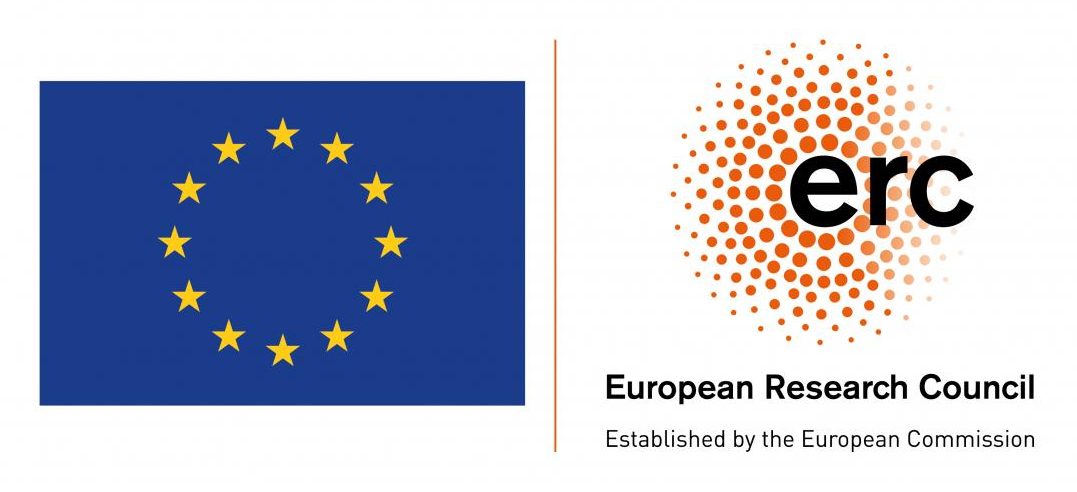The international workshop is an initiative led by the YUSRT03 Yaşar University Scientific Research Team, in collaboration with the European Research Council (ERC) Starting Grant Green Industrial Policy in the Age of Rare Metals (GRIP-ARM) under Grant No, 950056, and the EUforCliC Jean Monnet Module Project. Funding was made available by ERC GRIP-ARM project and Yaşar University.

The workshop agenda aims to address the changing geopolitical landscape of the green transition as well as the challenges and opportunities it presents for the European Union. competition. This knowledge-sharing platform will feature a series of presentations from researchers and experts with wide-ranging experience who are actively working in the field, examining the conditions and dynamics of energy transition with an emphasis on the role of Europe. The call for papers on Europe and the Geopolitics of Energy Transition, aims to unpack the changing strategies and processes of transition from the global to national levels.
As a major global actor in climate governance, Europe has positioned itself as a leader in the transition toward a low-carbon economy through policies such as the European Green Deal and its carbon neutrality goals for 2050. Yet, to achieve net zero targets, the European Union (EU) must undertake systemic transformation in energy systems, which include new green infrastructure, deployment of clean energy technologies, and changing national energy matrices. The green transition also requires access to critical raw materials (CRMs), which are subject to intense geopolitical competition, restructuring of global and regional supply chains, and the reformulation of trade and investment rules. Thus, the EU must wrestle with the reshaping of global power structures, trade dependencies, and technological competition. To this extent, new scholarship must focus their attention on the processes, impacts and effectiveness of the EU’s regulatory and economic strategies in global climate governance.
The energy transition is taking place amidst a power struggle between the United States and China, which are the world’s two largest economies and carbon emitters, and are shaping the context in which global climate action takes place. Upon the return of Donald Trump Jr. in the oval office, the United States withdrew from the Paris Agreement, which signals a ‘reset’ in the US commitment towards international climate diplomacy, alongside taking an isolationist foreign policy and effectively weakening instruments of multilateral cooperation. Meanwhile, China continues to dominate the supply chains of renewable technologies, including critical minerals, rare earth elements, battery production, all the way to downstream industries like wind turbines and electric vehicles. This, in turn, has positioned China as the global player to support green transition in the developing world. Strategic competition, however, extends beyond the U.S. and China as growing trade protectionism becomes the new norm in trade diplomacy. We have witnessed a swathe of new tariffs and export controls to secure national industrial advantages in clean energy and strategic raw materials.
In response to an ever-streamlined Belt and Road Initiative (BRI) to build infrastructure and connectivity between China and the global South, the European Union launched the Global Gateway Initiative as a potential counterbalance to climate finance and infrastructure investment. With at least over a decade of Chinese investment through the BRI projects, the EU’s Global Gateway is anticipated to make a “new offering” to developing countries, for example, by focusing on transparency, climate resilience, and stronger trade ties with the single market. These initiatives reflect broader strategic competition in the green transition, with Europe striving to assert its regulatory and technological leadership while navigating complex relationships with both China and the United States.
The proposed workshop seeks to conceptually bridge geoeconomics and geopolitics of energy transition. This includes, among others, conceptualizing strategic competition and energy transition in terms of how states use economic instruments to promote their geopolitical goals (Blackwill and Harris 2016, 20) and how they use their geopolitical conditions to advance their economic interests in international relations. This is especially important given the emphasis on the level of the system—rather than the nation-state—in explaining broader processes such as globalization. For three decades, power projection and managing relations between states were secondary interest; economic affairs sit uneasily with political and diplomatic affairs. In many instances, scholarly attention has conceived economic decisions as an exercise of rational choice and one that is primarily determined by market behaviour.
We seek to bring in conversations on strategic autonomy, state strategies on hedging and bandwagoning with other IR sub-disciplines, for instance historical sociology and critical geopolitics, to explain the new geopolitics of energy transition.
In light of these developments, the international workshop probes the complex dynamics of energy transition within and outside the European Union. We invite papers exploring the following themes in relation to the geopolitics and geoeconomics of energy transition:
The workshop will take place over 1.5 days, lasting until noon on 4 September 2025. Participants can plan their travels accordingly. The workshop will feature academic paper presentations followed by discussions. We aim to create an engaging forum for exchange among early-career and established scholars interested in the geopolitics of energy transition. There is no participation fee; however, attendees are responsible for their own travel and accommodation. We are able to offer partial or full funding for travel costs on a needs basis. Accepted participants will be provided with lunch and dinner after the 1st day of the workshop free of charge. Selected papers will be invited to a joint or edited publication as an output of the workshop.
Interested participants should submit an abstract (300-500 words) along with a short bio (max. 200 words) to Reyhan Gülcü at reyhan.gulcu@yasar.edu.tr cc’ing defne.gunay@yasar.edu.tr and michelleperezacosta@gmail.com by 12 May 2025. Please make sure that you specify if you require any needs-based funding and if you want to participate in person. Accepted participants will be notified by 19 May 2025, and full papers will be expected by 18 August 2025.
For any further inquiries, please contact Defne Günay at defne.gunay@yasar.edu.tr, cc’ing michelleperezacosta@gmail.com.
We look forward to your contributions!


Information on EU Funding on the website: obligation to use the EU emblem and the ERC logo (enclosed) and include the following text: “This project has received funding from the European Research Council (ERC) under the European Union’s Horizon 2020 research and innovation programme (grant Agreement No 950056 – GRIP-ARM – ERC-2020-STG)”. “This website reflects the views only of the authors, and the Commission cannot be held responsible for any use which may be made of the information contained therein.”
jojo.nemsingh@wilsoncenter.org
j.nemsingh@sussex.ac.uk
+31-70-426-0583
Sussex, United Kingdom
